Getting enough sleep is just as important for our health as eating well and working out. There are a lot of different suggestions, like “get 7 hours” or “aim for 9,” so it can be hard to know what really counts as restful, restorative sleep. The 7-9-8 Rule is a simple rule that says adults should try to get 7 to 9 hours of sleep every night. For most people, 8 hours is the best amount of sleep. The 7-9-8 Rule is explained in great detail in this article. It talks about where it came from, how it works scientifically, how to use it, and how following it every night can make you healthier, clearer-headed, and stronger emotionally.
What is the 7–9–8 rule?
7 to 9 hours
The National Sleep Foundation says that adults should sleep between 7 and 9 hours every night to keep their minds and bodies working well.
8-Hour Sweet Spot:
Most epidemiological studies show that 8 hours of sleep is the best amount for lowering the risk of chronic disease, improving mood, and living longer.
The 7–9–8 Rule is like a stretchy band:
you should try to stay between 7 and 9 hours, but for the best results, you should aim for 8 hours.
The Science Behind 7–9–8
- How Sleep Works
- There are cycles of about 90 minutes of sleep, with REM and non-REM stages switching back and forth. You can go through 4 to 6 full cycles in a normal night of 7 to 9 hours.
- Stage N1 and N2 (Light Sleep): This is the time when you switch between sleep and wakefulness (about half of all sleep).
- Stage N3 (Deep/Slow-Wave Sleep): This stage is important for restoring the body, boosting the immune system, and releasing growth hormone.
- REM Sleep: Important for dealing with feelings, making memories stronger, and learning to think in new ways.
- When you don’t get enough sleep, the REM and deep sleep phases that happen late at night are shorter, which makes them less useful.
- Getting in sync with the body’s natural sleep-wake cycle
Our body’s internal clock controls when we sleep and wake up, when hormones like melatonin and cortisol are released, and our core body temperature. When you sleep less than 7 to 9 hours or change your bedtime, this clock gets messed up. This can make you feel tired, give you “social jet lag,” and mess up your metabolism. - Effects on hormones and metabolism:
- Not getting enough sleep raises ghrelin (the hormone that makes you hungry) and lowers leptin (the hormone that makes you feel full). This makes you hungrier and more likely to gain weight.
- Long-term sleep deprivation diminishes insulin efficacy, thereby increasing the risk of Type 2 diabetes.
Benefits of the 7-9-8 Rule
- Better Brain Function:
- More focus, options, and creativity.
- Better remembering and encoding memories.
- How to Control Your Emotions:
- Not as sensitive to stressors and bad things.
- Lessening of signs of anxiety and depression.
- Health and a long life:
- Reduced the risk of stroke or heart disease.
- A balanced immune response speeds up the healing of injuries.
- How healthy is the metabolism?
- Better control over your hunger and staying at a healthy weight.
- More sensitive to insulin.
- Hormone balance:
- The best cortisol patterns for handling stress.
- Adequate release of growth hormone for the repair of tissues.
The 7-9-8 Rule: Helpful Hints
A. Make sure you go to bed and wake up at the same time every day.
- Set a time to go to bed and a time to get up: To help your circadian rhythm, choose a schedule that lets you sleep for about 8 hours and stick to it, even on the weekends.
- You should change your bedtime or wake time in 15-minute steps.
B. A Wind-Down Routine Before Bed
- Digital Sundown: Turn off all screens at least an hour before bed so that melatonin can work without being blocked by blue light.
- You can relax by doing gentle yoga, progressive muscle relaxation, or reading a real book.
- The room should be dark (with blackout curtains), cool (60–67°F / 15–19°C), and quiet (with earplugs or white noise).
C. Things you do during the day that help you at night
- Getting 20 to 30 minutes of natural light within an hour of waking up helps keep your circadian rhythm in sync.
- Moderate Exercise: Aim for 30 minutes of exercise every day. Don’t work out hard for less than two hours before bed.
How to Deal with Caffeine and Alcohol:
- Stop drinking caffeine after 2 PM.
- Don’t drink alcohol three hours before bed because it keeps you from sleeping.
D. Use your sleep space to its fullest.
- Every 7 to 10 years, or sooner if your mattress and pillows get lumpy or saggy, you should get new ones.
- Bedding: Fabrics that let air in and pull moisture away.
- You can block out background noise with white noise machines or earplugs.
Getting over common issues
- Working at strange times or in shifts
- You can use blackout shades and light therapy to make it look like night and day.
- Take “power naps” of 20 to 30 minutes to add to your main sleep.
- Problems with sleep and insomnia
- You should see a professional (EEAT: board-certified sleep specialists) for an evaluation if you have sleep apnea or chronic insomnia.
- Cognitive behavioral therapy for insomnia (CBT-I) is the first thing that doctors do to help.
- Jet Lag and Travel
- Before you go, gradually adjust your schedule to the new time zone.
- You can take melatonin supplements (0.5–3 mg) 30–60 minutes before you want to go to sleep, but only if your doctor says it’s okay.
More Advanced Tips and Biohacks
- Wearable devices like actigraphy can tell you how long you’ve been sleeping and what stage of sleep you’re in. You can use this information to make your schedule better.
- Polyphasic Sleep Warning: Some cultures do segmented sleep, but most adults do better with monophasic sleep that lasts 7 to 9 hours.
Food for Sleep:
- Eating snacks high in tryptophan, like yogurt and turkey, may help the body make melatonin.
- Eating complex carbs about an hour before bed can help you go to sleep faster.
Questions That Are Often Asked (FAQs)
- Can you get more sleep on the weekends?
Short-term restrictions can be made up for with occasional catch-up sleep, but long-term changes hurt circadian stability. You need to sleep for 7 to 9 hours every night. - Is six hours ever enough?
Six hours is not enough time for many adults to fully recover mentally and physically. There are only a few people who have the rare “short-sleep” gene (DEC2 mutation) who can get by on less than six hours of sleep. - What if I wake up after 7 hours and feel better?
People have different needs. If you consistently feel awake, full of energy, and clear-headed after 7 hours, that might be your “sweet spot.” - How does age fit into the 7-9-8 Rule?
- Young adults (18–25): 7–9 hours.
- People over 26: 7–9 hours.
- People 65 and older: 7 to 8 hours.
- Teens and kids need more.
- Are naps included in the 7–9 hours?
Naps of less than 30 minutes can help you stay awake during the day, but they don’t give you the sleep you need at night.
Last Thoughts
The 7-9-8 Rule is a scientific way to get the best sleep possible. You can improve your mental, emotional, and physical health and live longer by getting 7 to 9 hours of sleep each night (ideally around 8) and making sure that your lifestyle, environment, and habits are in line with circadian principles. Remember that sleep recommendations are just that: suggestions. Listen to your body and, if you need to, talk to a qualified sleep expert to make sure the method works for you.
Have a good night’s sleep, and may every night give you energy, clarity, and health for the next day.
References
- National Sleep Foundation. “How Much Sleep Do We Really Need?” 2020.
https://www.sleepfoundation.org/how-sleep-works/how-much-sleep-do-we-really-need - Cappuccio, F.P., et al. “Quantity and quality of sleep and incidence of type 2 diabetes.” Diabetes Care. 2010;33(2):414–420.
- Walker, M.P. “The role of sleep in cognition and emotion.” Annals of the New York Academy of Sciences. 2008;1156:168–197.
- Roenneberg, T., et al. “Social jetlag and obesity.” Current Biology. 2012;22(10):939–943.
- Spiegel, K., Tasali, E., Penev, P., Van Cauter, E. “Sleep curtailment in healthy young men is associated with decreased leptin levels, elevated ghrelin levels, and increased hunger and appetite.” Annals of Internal Medicine. 2004;141(11):846–850.
- Tasali, E., Leproult, R., Ehrmann, D.A., Van Cauter, E. “Slow-wave sleep and the risk of type 2 diabetes in humans.” Proceedings of the National Academy of Sciences. 2008;105(3):1044–1049.
- Yoo, S.-S., Hu, P.T., Gujar, N., Jolesz, F.A., Walker, M.P. “A deficit in the ability to form new human memories without sleep.” Nature Neuroscience. 2007;10(3):385–392.
- Goldstein, A.N., Walker, M.P. “The role of sleep in emotional brain function.” Annual Review of Clinical Psychology. 2013;9:679–708.




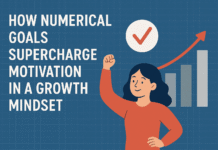
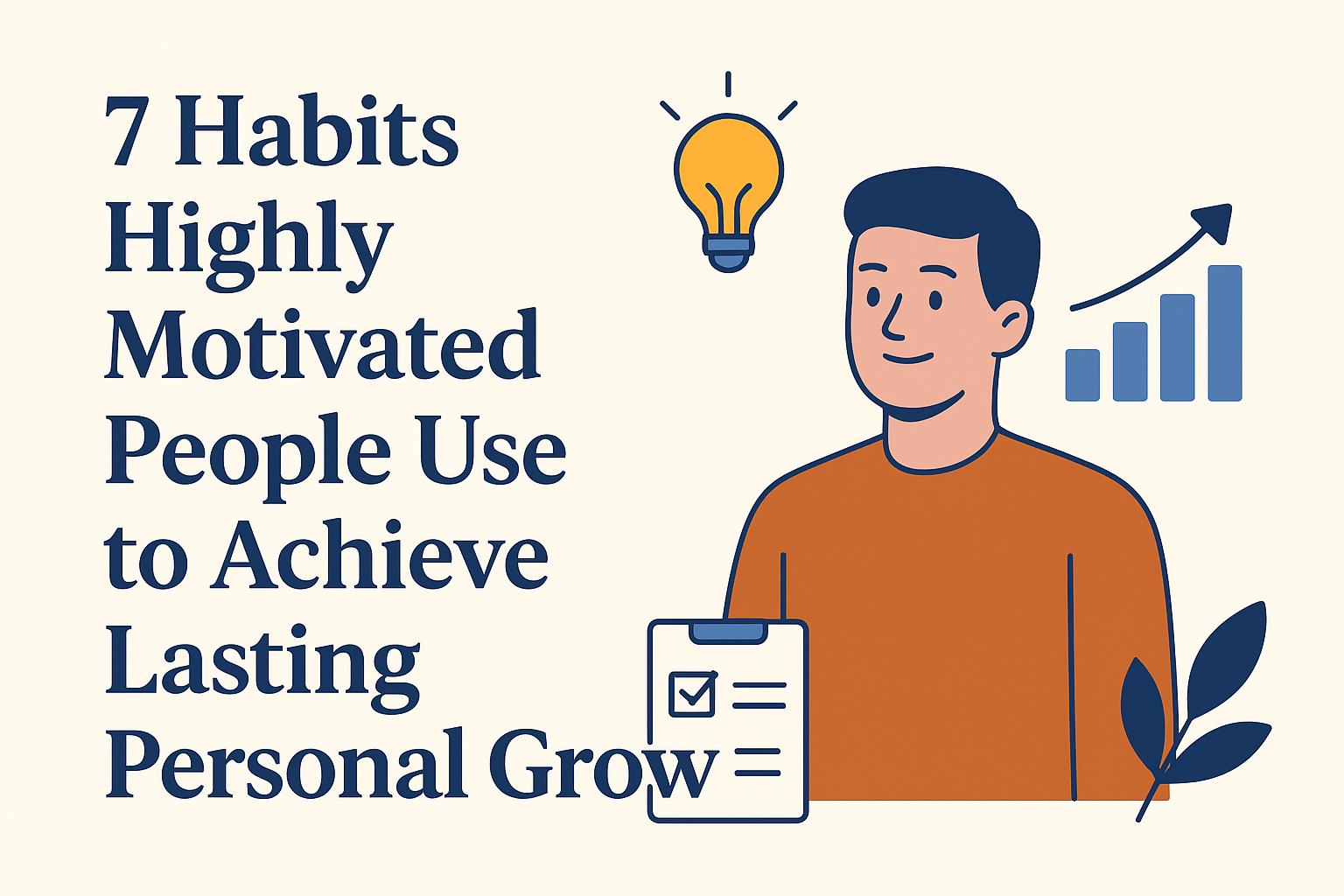
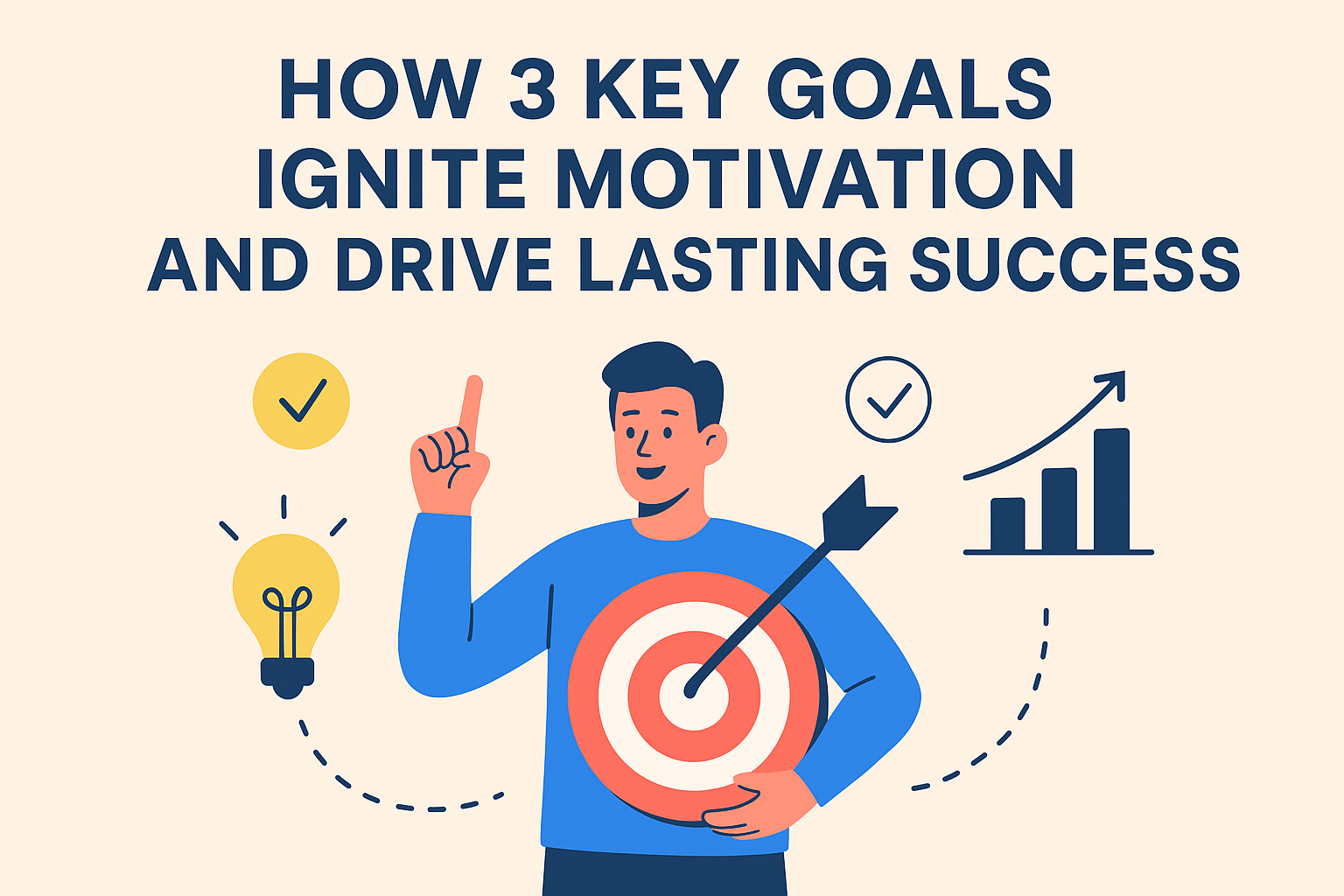
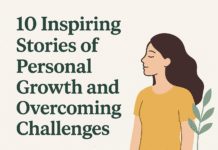


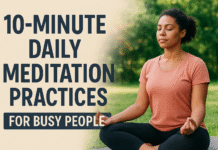

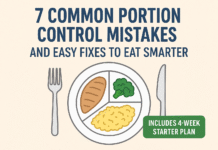
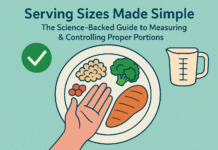

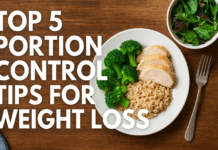






















The text is rich in nuance. Subtle shifts in tone and detail create depth, inviting multiple readings to fully appreciate its craft.
Your writing has a quiet strength. It persuades and resonates not through volume but through consistency, clarity, and the thoughtful arrangement of ideas.